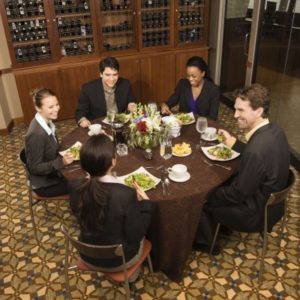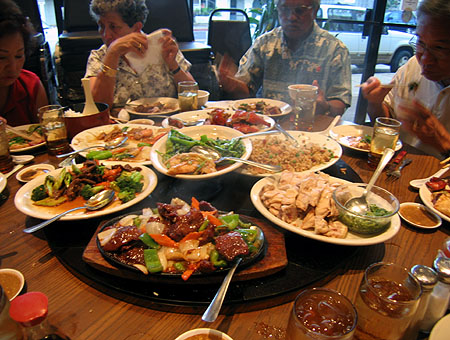Travelling abroad for work can often be an exciting and rewarding perk of your career. It is an opportunity to visit a new place, meet new people and see new sights. Often, traveling abroad for work isn’t always just about work, and usually involves some leisure time as well.
You will be conducting business with those you are traveling to meet, and perhaps even travelling around the city or country with them as well during some leisure time.
As much as your mind is (and should be) focused on the important meetings to come, it is imperative that you take the time to do some research on the culture you will be visiting before you leave the comfort of your home. Ed Fuller from Marriott International, details the importance of knowing about others’ culture while traveling, in his article for Forbes Magazine.
Before you leave on your trip, consider completing some of the following exercises so that you can get the most out of your business trip, which will benefit both you personally, as well as the company you represent.
Watch YouTube videos
YouTube videos are a great way to see and hear about a foreign culture. Videos might be the most effective research tool, as you get both sound and movement, and can really start to appreciate the culture of a certain country.
There are also endless videos out there, and so finding appropriate ones should be fairly simple. For instance, you can search “traditional Peruvian meal” and watch how a meal might be cooked as well as consumed. You may also search things such as “traditional Indian dance” or “Moroccan cultural ceremonies.”
Learn your “hello’s” and “goodbye’s”
It is always a good idea to learn a few basic words or phrases in the language of the country you are visiting. Not only will it show that you did your research (this will likely be viewed as a sign of respect), but it is a great way to connect with others on a deeper level, which may help to foster and grow professional relationships.
If you don’t have a great memory, or if you don’t have time to sit and memorize how to say “thank you” in Swahili, create a cheat sheet before you leave that you can study on your 24 flight to Kenya.
Pick up a small travel guide of your destination
Many bookstores sell small travel guides to the majority of popular destinations. In them, you’ll find a plethora of information on the country in question in a(n often) very small package, one that you can likely take with you in your carry-on. It will outline many common phrases, places to eat, and sights to see.
The fact that this is a business trip, as opposed to a leisure vacation, indicates that it is important to learn as much about the new culture as possible. This will reflect extremely well on you as a business professional, which will also translate back to your company. Present your best and most informed self, especially when traveling for business.


 Office barbecues can be a great place to get to know your colleagues, and perhaps even your superiors, on a more personal level, given the informal and relaxed setting.
Office barbecues can be a great place to get to know your colleagues, and perhaps even your superiors, on a more personal level, given the informal and relaxed setting.



